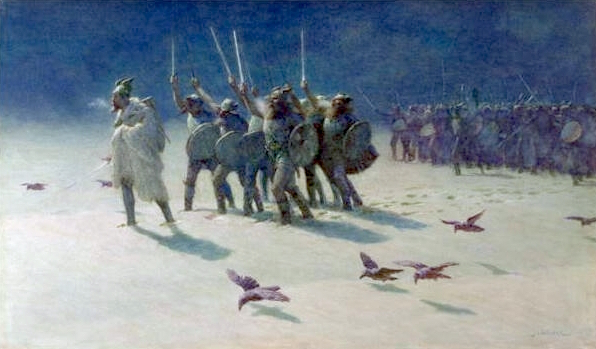
I got to thinking about freedom today. Specifically, about why it is that the Left hates freedom.
Oh, I know Leftists will say they don’t hate freedom. They love freedom, from their own point of view. Don’t they support freedom of sexual expression, and freedom from traditional social norms, and freedom to do whatever you want (unless you want to do something traditionally socially normative, of course)?
But in my view that’s not freedom, that’s distraction. That’s a three-year-old’s idea of freedom. When the Founding Fathers created our country – and even when European radicals first tried to establish communes and revolutionary governments in the 19th Century – the last thing they had in mind was the freedom to have sex with whatever gender, number, and species you like, or to run around naked in a public park shouting dirty words.
They wanted freedom to talk about important things. To hold a conviction and express it without fear of government reprisal. To do your best to make yourself wealthy (in America, at least) without a lot of busybodies telling you “You’re not permitted to do that.”
When it comes to things like that, wherever the Left rules, freedom gets reduced. Freedom of conscience, freedom of speech, freedom of the press – those must be subordinated to “sensitivity.” If you express the wrong ideas, it’s “bullying” and “hate speech,” and you have to be gotten out of the way. For the sake of the children, you understand.
That brings me to the second part of the meditation. Here’s why the Left actually hates and fears freedom.
It’s because their entire program is built on a falsehood, a lie about human nature. Ever since Rousseau they have believed that people are basically good. That if you just fine-tune the laws to provide the right environment, their virtue will blossom naturally.
This, of course, does not happen. It never happens. Because people are not in fact good.
The only way to avoid facing that truth is to clamp down on the people so tightly that they can’t actually express their true nature.
So freedom has to go. And it always does.
Like this:
Like Loading...
. Publishers Weekly has a nice discussion with the author about it:




